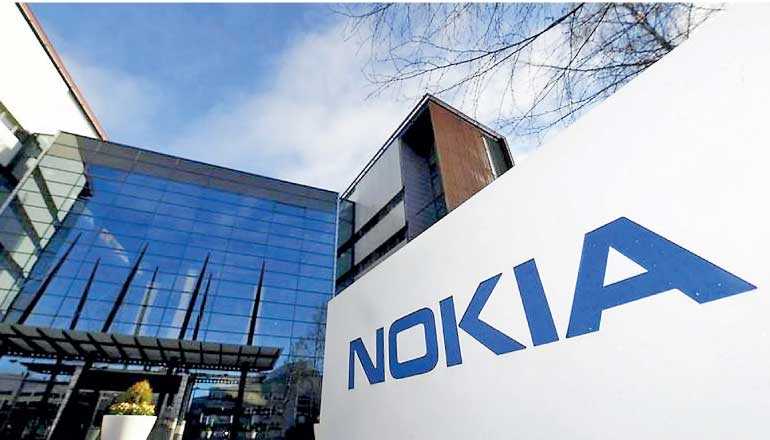Saturday Feb 21, 2026
Saturday Feb 21, 2026
Monday, 29 June 2020 01:43 - - {{hitsCtrl.values.hits}}

The final 5G licences were granted after required processes were completed, including the selection of preferred frequency spectrum lots and vendor partners - Reuters
SINGAPORE (Reuters): Singapore’s biggest wireless network operators have selected Nokia and Ericsson over Huawei Technologies Co. Ltd. to build the main fifth-generation (5G) networks in the city-state.
The selection comes amid tension between Singapore’s biggest trading partners, the United States and China, with the United States encouraging allies to exclude China’s Huawei from their networks on security grounds.
Singapore has allowed telcos to choose their network vendors provided they meet various requirements, including security.
A joint venture between M1 and StarHub awarded one of the city-state’s 5G licences said it had selected Nokia to build its radio access network and that the Finnish company was its preferred supplier for the core and mmWave networks.
The venture said it was also exploring other network parts with Huawei and China’s ZTE.
In a separate statement, 5G licensee Singapore Telecommunications said it had selected Sweden’s Ericsson to negotiate the provision of ran, core and mmWave networks.
Singapore “did not exclude any vendor” and had spelled out its expectations for 5G networks, with an emphasis on security, resilience and performance, S. Iswaran, minister for communications and information, said on Wednesday.
The telecoms regulator said it gave telcos the final 5G licences after they completed required processes, including the selection of preferred frequency spectrum lots and vendor partners.
Australia’s TPG Telecom, which is able to build a localised 5G network in Singapore, will use Huawei, Iswaran said.
Huawei did not immediately respond to a Reuters’ request for comment.
Unlike the upgrades of cellular standards such as 2G in the early 1990s, 3G around the millennium and 4G in 2010, the 5G standard will deliver not just faster telephone and computer data services but also help connect vehicles, machines, cargo and farming equipment.
The city-state has said it is on track for nationwide 5G standalone deployment by 2025.